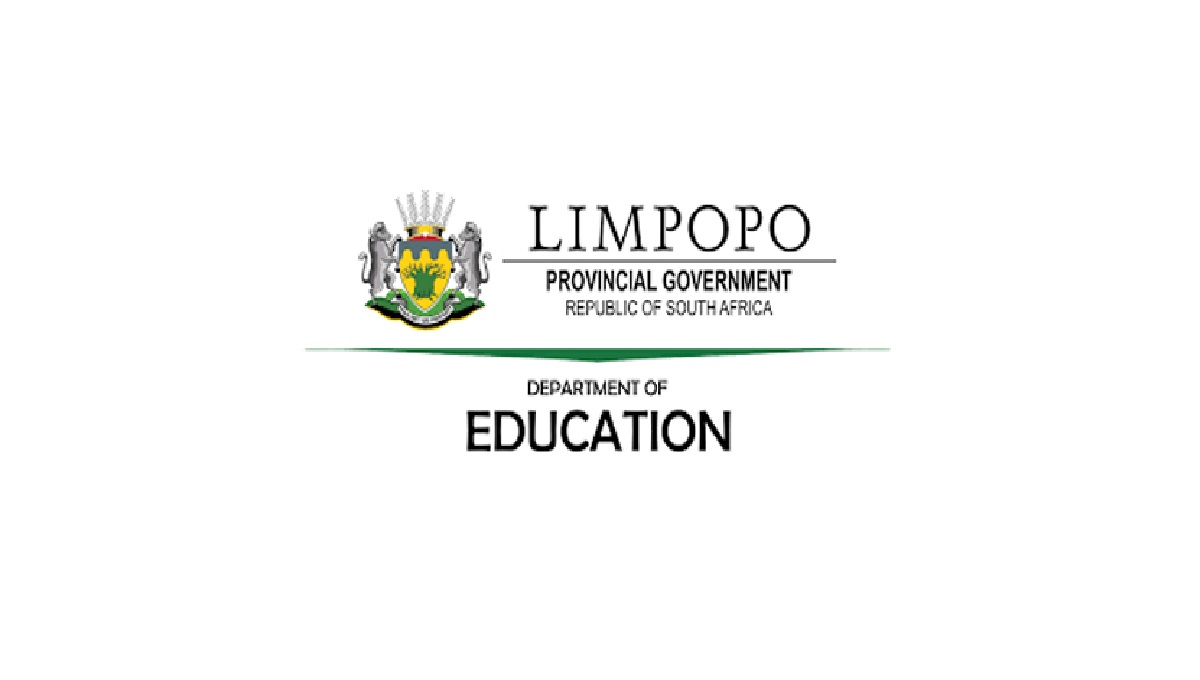The education department plays a crucial role in shaping the future of any nation by ensuring quality education for all citizens. It is responsible for designing and implementing educational policies that cater to the diverse needs of students across different age groups and socioeconomic backgrounds. This department not only manages public schools but also ensures that private institutions adhere to national standards.
In today's rapidly evolving world, the importance of a well-functioning education department cannot be overstated. It serves as the backbone of a nation's educational framework, providing guidance, resources, and support to educators, parents, and students alike. By prioritizing innovation, inclusivity, and accessibility, the education department aims to create a learning environment where every child can thrive.
This article delves into the multifaceted role of the education department, exploring its responsibilities, challenges, and future prospects. We will also discuss how this department aligns with global educational standards and contributes to the overall development of society. Whether you are a parent, educator, or policymaker, understanding the intricacies of the education department is essential for fostering a brighter future for the next generation.
Read also:Auburn Tigers Mens Basketball Dominance And Legacy On The Court
Table of Contents
- The Role of the Education Department
- A Brief History of the Education Department
- Structure and Organization of the Education Department
- Key Educational Policies and Initiatives
- Funding and Budget Allocation
- Challenges Faced by the Education Department
- The Role of Technology in Modern Education
- Global Perspectives on Education Departments
- The Future of the Education Department
- Conclusion
The Role of the Education Department
The primary role of the education department is to oversee and regulate educational institutions within a country. This includes setting curricula standards, ensuring teacher qualifications, and maintaining infrastructure. The department also plays a pivotal role in addressing disparities in educational opportunities and promoting equal access to quality education for all.
Responsibilities of the Education Department
Some of the key responsibilities of the education department include:
- Designing and implementing national education policies.
- Monitoring and evaluating the performance of educational institutions.
- Providing financial support and resources to schools and universities.
- Facilitating professional development for educators.
- Promoting research and innovation in the field of education.
A Brief History of the Education Department
The concept of an education department has evolved over centuries. Initially, education was primarily provided by religious institutions and private tutors. However, with the rise of nation-states, governments began to recognize the importance of a centralized education system. The establishment of formal education departments marked a significant shift towards standardized and accessible education for all citizens.
Milestones in the Development of Education Departments
Throughout history, several milestones have shaped the development of education departments:
- The introduction of compulsory education laws in the 19th century.
- The expansion of higher education institutions in the 20th century.
- The integration of technology in educational practices in the 21st century.
Structure and Organization of the Education Department
The structure of an education department typically includes various divisions and offices that focus on specific aspects of education. These may include curriculum development, teacher training, student services, and administrative support. The organization of the department ensures efficient coordination and effective implementation of policies at all levels of education.
Key Divisions within the Education Department
- Curriculum and Instruction Division
- Teacher Development and Support Division
- Student Services and Support Division
- Administrative and Financial Services Division
Key Educational Policies and Initiatives
The education department is responsible for formulating and implementing policies that address the needs of students and educators. These policies often focus on improving educational outcomes, reducing inequality, and promoting lifelong learning. Some notable initiatives include:
Read also:Louisville Score A Comprehensive Guide To Understanding Its Impact And Significance
- Common Core State Standards in the United States.
- The Right to Education Act in India.
- The European Education Area initiative by the European Union.
Impact of Educational Policies
These policies have a significant impact on the quality and accessibility of education. They ensure that students receive a well-rounded education that prepares them for the challenges of the modern world. Additionally, they provide a framework for educators to deliver consistent and high-quality instruction.
Funding and Budget Allocation
Funding is a critical aspect of the education department's operations. Adequate budget allocation ensures that schools and universities have the resources needed to provide quality education. This includes funding for teacher salaries, classroom materials, technology integration, and infrastructure development.
Challenges in Funding Education
Despite the importance of funding, many education departments face challenges in securing sufficient resources. Economic constraints, political priorities, and competing demands often result in underfunded educational programs. Addressing these challenges requires innovative solutions and collaboration between governments, private sector partners, and communities.
Challenges Faced by the Education Department
While the education department plays a vital role in shaping the future, it also faces numerous challenges. These include addressing educational disparities, adapting to technological advancements, and ensuring teacher retention. Overcoming these challenges requires a comprehensive approach that involves stakeholders from all sectors of society.
Strategies to Overcome Challenges
- Implementing inclusive policies to reduce educational disparities.
- Investing in teacher training and professional development programs.
- Integrating technology into the classroom to enhance learning experiences.
The Role of Technology in Modern Education
Technology has revolutionized the way education is delivered and experienced. From online learning platforms to interactive classroom tools, technology has made education more accessible and engaging. The education department plays a crucial role in ensuring that technology is used effectively to enhance educational outcomes.
Benefits of Technology in Education
- Increased accessibility to educational resources.
- Improved student engagement and participation.
- Enhanced collaboration and communication between educators and students.
Global Perspectives on Education Departments
Education departments around the world vary in structure and approach, but they share a common goal of providing quality education for all. By studying global perspectives, we can gain valuable insights into best practices and innovative solutions that can be adapted to local contexts. International collaborations and exchanges also play a vital role in advancing educational standards worldwide.
Comparative Analysis of Education Departments
A comparative analysis of education departments reveals several key differences and similarities:
- Varying levels of government involvement in educational policy-making.
- Different approaches to funding and resource allocation.
- Unique challenges and opportunities based on cultural and socioeconomic factors.
The Future of the Education Department
The future of the education department lies in its ability to adapt to changing societal needs and technological advancements. By embracing innovation and fostering collaboration, education departments can continue to play a pivotal role in shaping the future of education. This includes preparing students for the challenges of the 21st century and ensuring that no child is left behind.
Trends Shaping the Future of Education
- Increased focus on personalized learning and student-centered approaches.
- Growing emphasis on sustainability and environmental education.
- Expansion of digital literacy and coding programs in school curricula.
Conclusion
The education department is a vital institution that shapes the educational landscape of a nation. By understanding its role, responsibilities, and challenges, we can appreciate the significant impact it has on the development of society. As we look to the future, it is essential to support and strengthen education departments to ensure that they continue to provide quality education for all.
We invite you to share your thoughts and experiences in the comments section below. Your feedback helps us improve and provides valuable insights for others. Additionally, feel free to explore our other articles on education and related topics for more information and resources.
Sources:
- United Nations Educational, Scientific and Cultural Organization (UNESCO).
- World Bank Education Program.
- National Center for Education Statistics.


